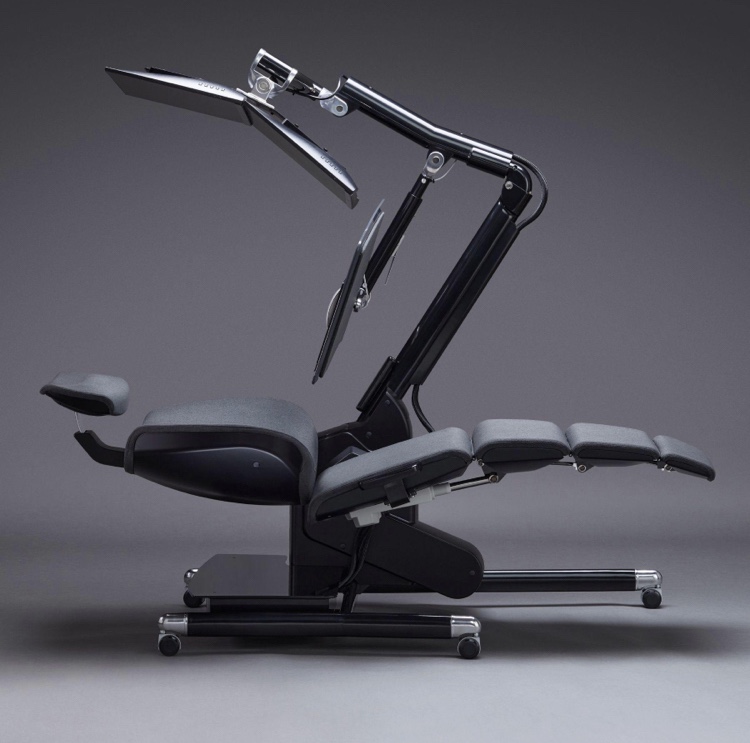I like to watch television to let my mind take a break. Because I spend so much of my time intaking and integrating new information for a living, I find it relaxing to have someone do that work for me. Plus I wasn’t allowed to watch TV as a kid so rebellion.
I’ve been getting served up a lot of tv shows about magic. Earlier in the year WandaVision was all about chaos magic. Then we had Loki. The algorithms then sent me to a Norwegian show about the Ragnarok. And now all I seen to find on Netflix has some kind of magic plot line. A secretly Ivy League university for magic? Check out the Magicians. Prefer Victorian era? I started with on The Irregulars. But only because I just finished Witcher as I thought I’d tried some medieval fantasy. Basically any setting you might like now has a show about magic. Outlander, Supernatural, The Order, The Umbrella Academy, Shadow and Bone are all popular right now and available to binge on Netflix.
I’m beginning to think that Harry Potter might have rotted too many brains in the millennial generation as now everyone needs stories about how they are secretly on the edges of society because of powers only a select few can ever wield. If reality is so disappointing then we need to have some other layer of existence revealed where we can thrive.
I remember being depressed when I was in 3rd grade when my mother explained to me that it was unlikely I’d ever be able to work on The Enterprise. The one TV show my parents approved of was Star Trek because I guess they wanted me to be into utopian science driven worlds. But once it was explained that this was so far in the future it’s not likely that I could be a science officer on a space ship I was sad.
Now granted I got over it and did the next best thing to living in a science fiction utopian and went to work in startups. I still feel like I get to help the future come about. But what about all these kids being raised on magic? There is no easy career alternative for the dismal prospect that you cannot manipulate physical reality with a wand or saying a spell in some elder god language.
Or maybe kids will figure out you can manifest stuff into reality. I guess the meme mobs have done weirder things like turn a washed up tv star into the president. Maybe chaos magic is real for someone. Or are least chaos is real.
